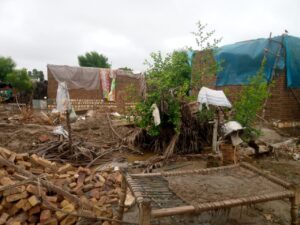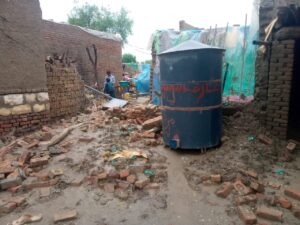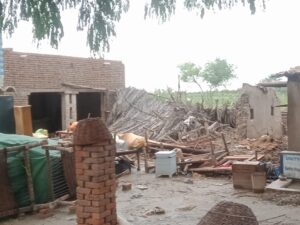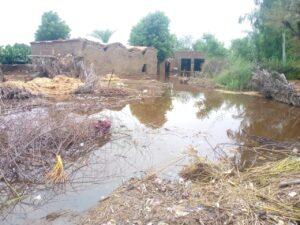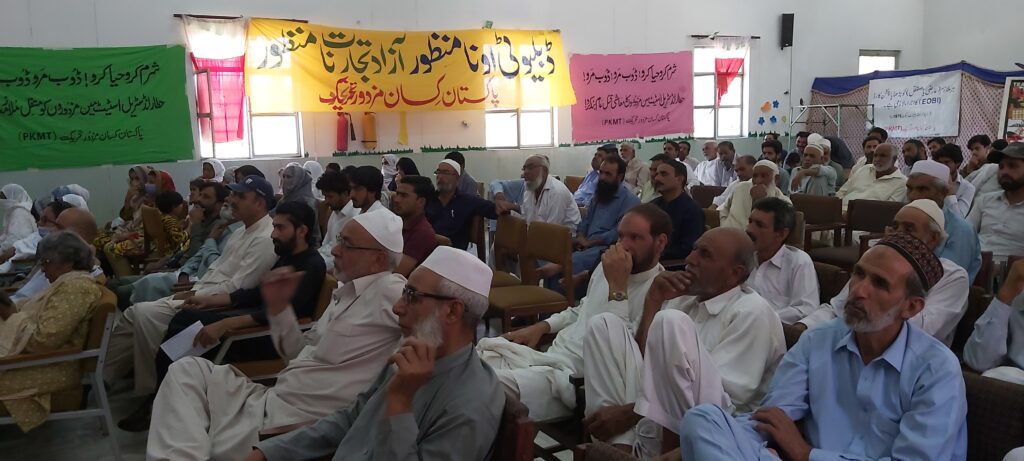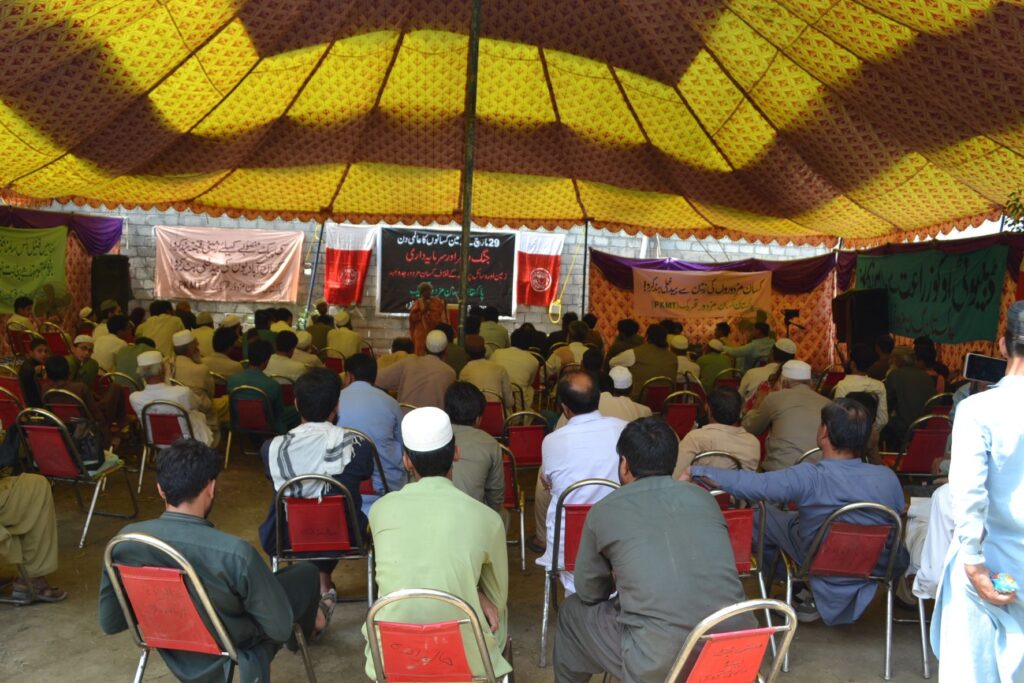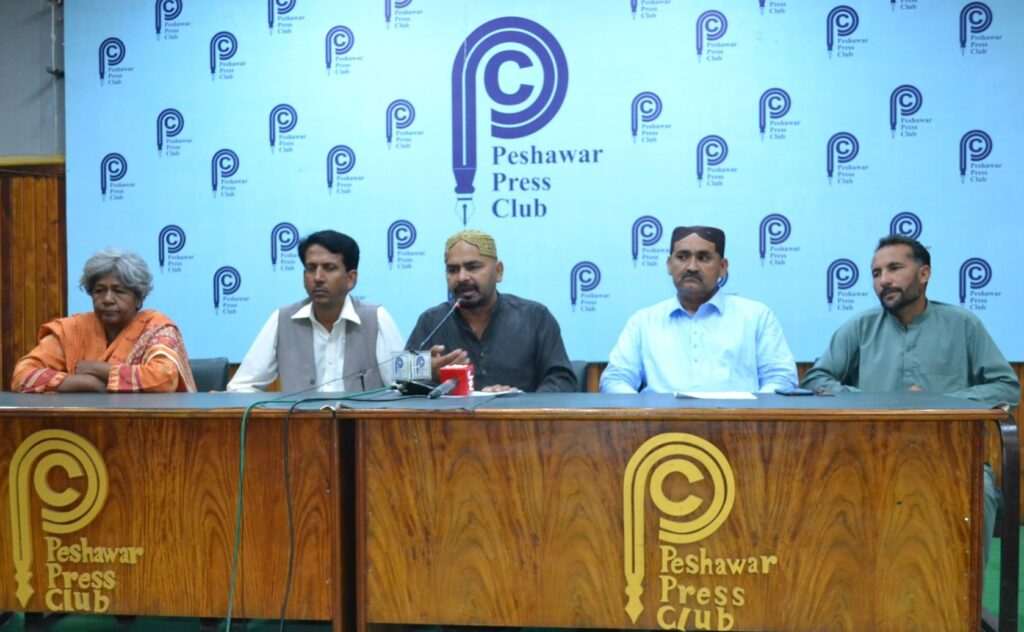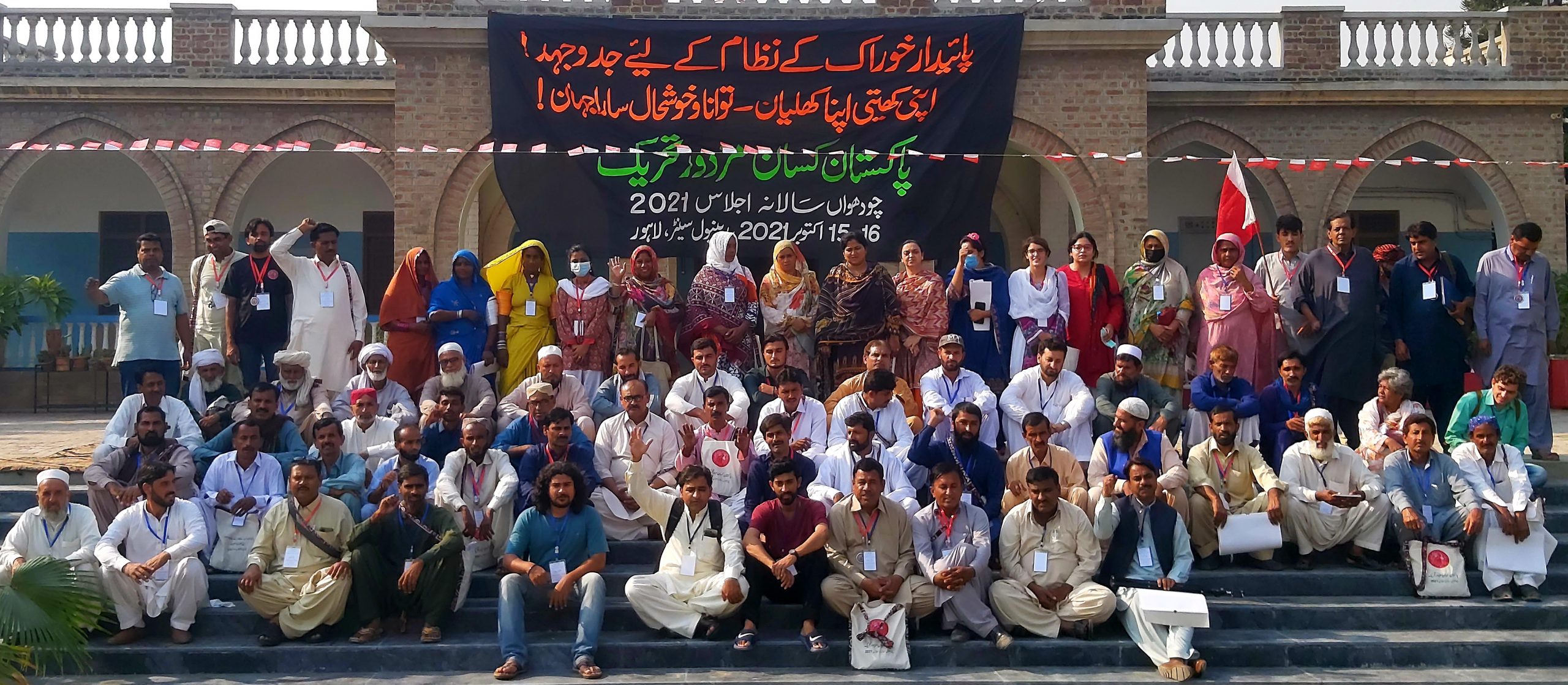اگست 30، 2022 | پریس ریلیز
پاکستان کا شمار پچھلے کئی برسوں سے ان 10 ممالک میں ہوتا ہے جو موسمی بحران کا سب سے زیادہ شکار ہیں۔ یہ موسمی بحران قدرتی نہیں بلکہ سامراجی نظام کا نتیجہ ہے اور جب تک سامراجی تسلط ختم نہیں ہوتا اس میں بہتری ممکن نہیں۔ مگر پچھلے چند سالوں میں جو موسمی بحران کے نتیجے میں تباہی دیکھنے میں آئی ہے اس کی مثال کم ہی ملتی ہے۔ جس میں 2007 سے لیکر 2022 تک تقریباً ہر سال آنے والے سیلاب شامل ہیں۔ پاکستان میں ہونے والی حالیہ شدید بارشوں کی تباہ کاریوں کو اب تک کے اندازے کے مطابق 2010 کے سیلاب، جس میں 2 کروڑ سے زائد افراد متاثر اور 2 ہزار سے زائد افراد لقمہ اجل بن گئے تھے، سے زیادہ تباہ کن مانا جارہا ہے جبکہ دریائی سیلابی ریلوں کا ابھی ملک کے بیشتر حصوں سے گزرنا باقی ہے۔
پاکستان میں قدرتی آفات سے نمٹنے کے ادارے این ڈی ایم اے کے مطابق ملک بھر میں حالیہ شدید بارشوں اور سیلاب سے متاثر ہونے والوں کی تعداد میں دن بدن اضافہ ہو رہا ہے۔ ایک طرف تو سیلاب کی شدت نے سندھ، بلوچستان، پنجاب اور خیبر پختونخوا سمیت پورے ملک میں ہزاروں بستیوں اور خاندانوں کو اجاڑ کر رکھ دیا ہے تو دوسری طرف ان کے مکانات، مال مویشی، فصلوں اور دیگر کاروبار کو شدید نقصان پہنچا ہے جس کی وجہ سے وہ بے سرو سامان اور بے یار مددگار ہوگئے ہیں۔ خاص طور پر سندھ کی فصلیں مکمل طور پر تباہ ہونے کے دھانے پر پہنچ چکی ہیں جس میں چاول، مکئی، کپاس، گنا اور سبزیاں سر فہرست ہیں۔ پی ڈی ایم اے، سندھ کی کل (29 اگست) کی رپورٹ کے مطابق صوبہ سندھ کے بیشتر اضلاع حالیہ بارشوں سے نہ ہی صرف شدید متاثر ہوئے ہیں بلکہ یہاں کی زندگی انتہائی مفلوج ہو کر رہ گئی ہے جس میں دادو، خیرپور، شہید بے نظیر آباد (نواب شاہ)، لاڑکانہ، نوشہرو فیروز، شکارپور، سانگھر، کشمور، گھوٹکی اور میرپور خاص سمیت دیگر اضلاع شامل ہیں۔ اسی رپورٹ کے مطابق سندھ میں اب تک 402 افراد جاں بحق، 1,055 افراد زخمی اور 15,435 مال مویشی ہلاک ہوگئے۔ 2,53,208 مکان مکمل طور پر ڈھ گئے جبکہ 6,31,389 مکانوں کو جزوی نقصان پہنچا۔ صرف صوبہ سندھ کی 3,269,608 ایکڑ زرعی اراضی کو نقصان پہنچا اور فصلیں تباہ ہوئیں۔ ضلع لاڑکانہ کے 80 فیصد مکانوں اور 90 فصلوں کو نقصان پہنچا ہے۔ حالیہ بارش کے نتیجے میں 7,133,650 افراد، 1,191,356 گھرانے متاثر ہوئے جبکہ 4,098,053 افراد بے گھر ہوئے۔ ڈپٹی کمشنر گھوٹکی محمد عثمان عبداللہ کے مطابق صرف ضلع گھوٹکی میں اب تک 8 فوتگیاں اور 39 افراد زخمی ہوئے ہیں۔ جبکہ 3,46,863 ایکڑ زمین پر مشتمل فصلیں اور 4,044 مکانات مکمل طور پر تباہ ہوگئے ہیں۔ اس کے علاوہ 9,974 گھروں کو نقصان پہنچنے کے ساتھ ساتھ 13,451 خاندان اور 72,590 افراد متاثر ہوئے ہیں۔ مندرجہ بالا اعداد و شمار حکومت سندھ کے محکموں کی جانب سے جاری کردہ ہیں اور اب تک کی رپورٹ کی بنیاد پر ہیں جبکہ حقیقی واقعات کو منظر عام پر نہ لانے اور وقت کے ساتھ ان اعداد و شمار کے بڑھ جانے کا خطرہ اور اندیشہ ہے۔ ان بارشوں کے نتیجے میں ہونے والے نقصان کا اصل اندازہ اور تخمینہ یہ آفت گزرجانے کے بعد ہی لگایا جاسکے گا۔ دیگر ذرائع کے مطابق صوبہ سندھ کے کم از کم دیہی علاقوں میں کوئی کچا مکان ایسا نہیں ہے جو متاثر نہ ہوا ہو۔ انسانوں کے ساتھ ساتھ جانوروں میں بیماریاں پھوٹ رہی ہیں جو ان کی موت کا سبب بھی بن رہی ہیں۔ کچے کے ساتھ ساتھ پکے کے علاقے بھی زیر آب ہیں اور ہزاروں لوگ اس وقت امداد کے انتظار میں کھلے آسمان تلے سڑکوں پر شب و روز گزارنے پر مجبور ہیں۔ پاکستان کسان مزدور تحریک (پی کے ایم ٹی) کے مختلف اضلاع کے ممبران کے مطابق سندھ کے بعض اضلاع میں کوئی سرکاری امداد ابھی تک نہیں پہنچی ہے جو کہ حکومتی نااہلی اور بے حسی کا منہ بولتا ثبوت ہے۔

